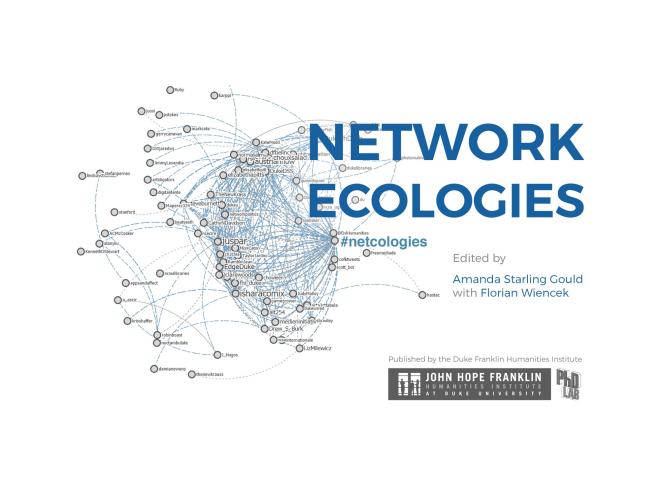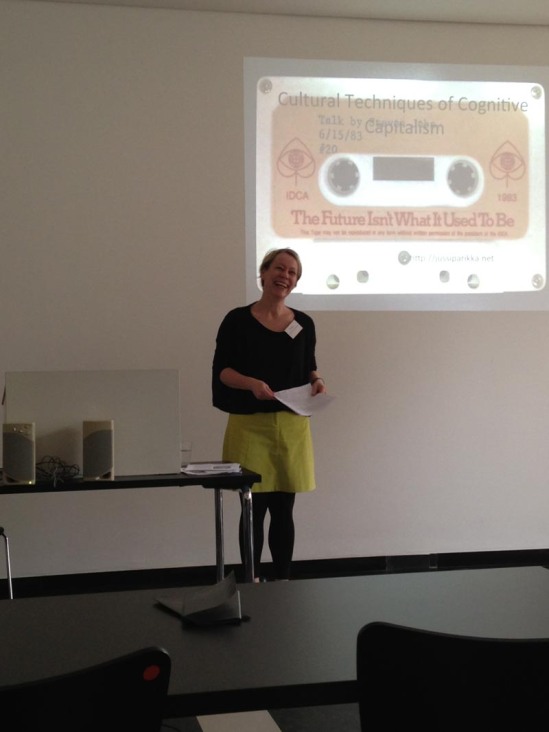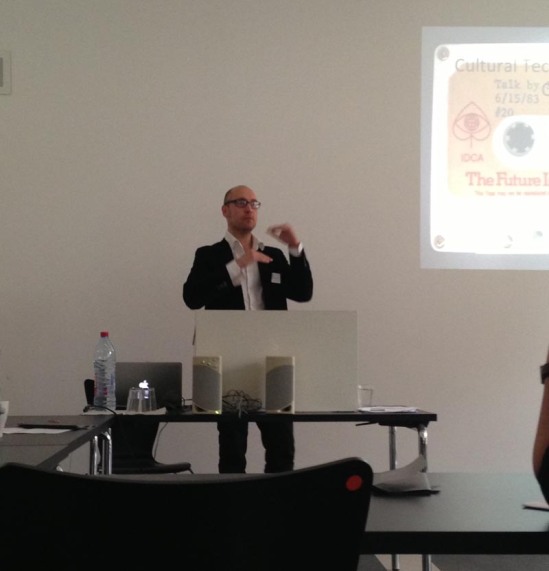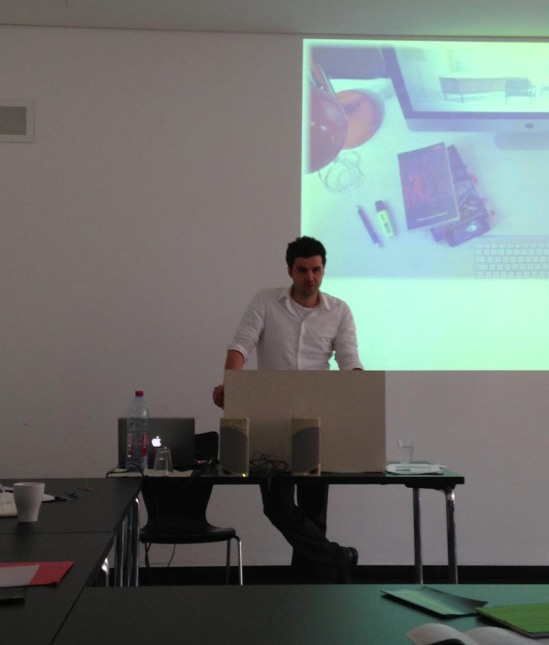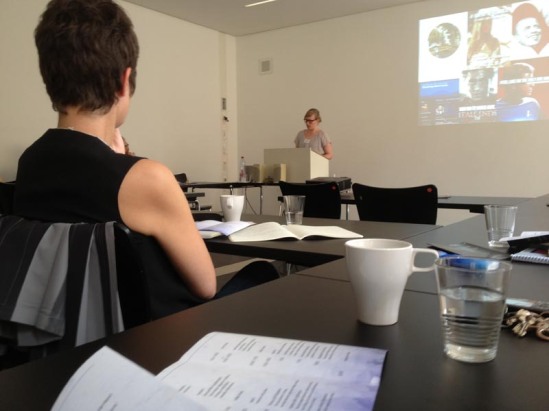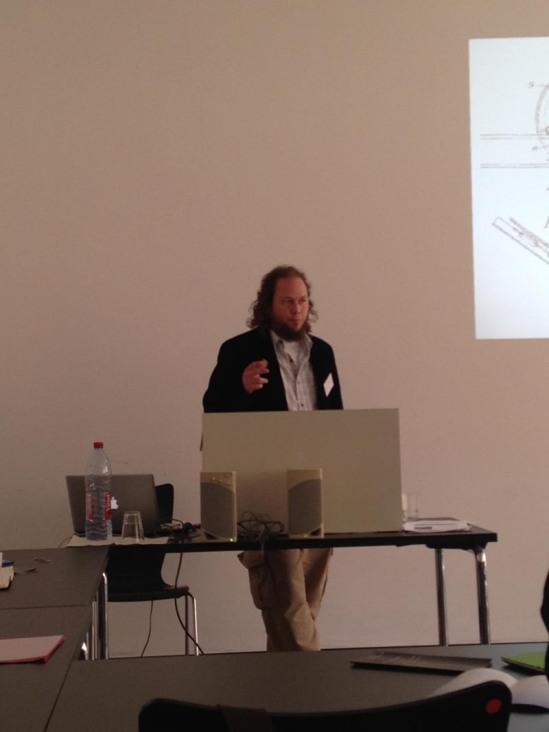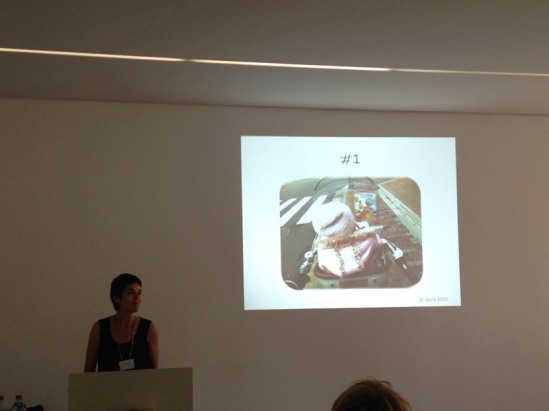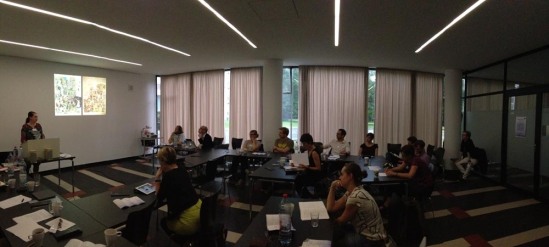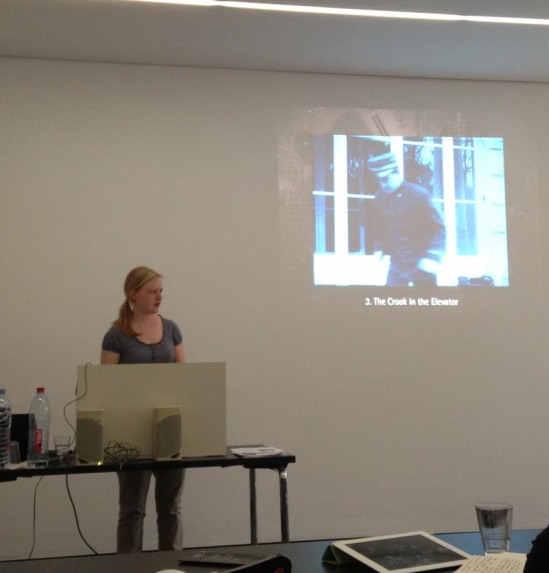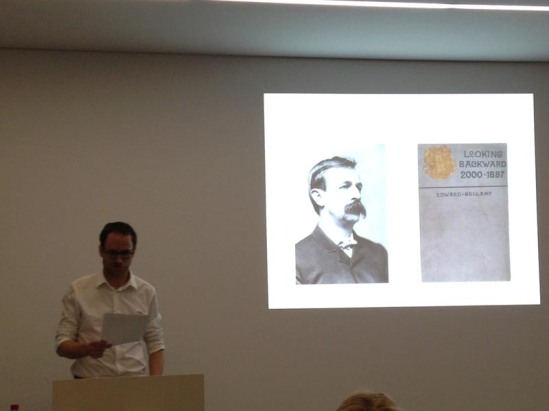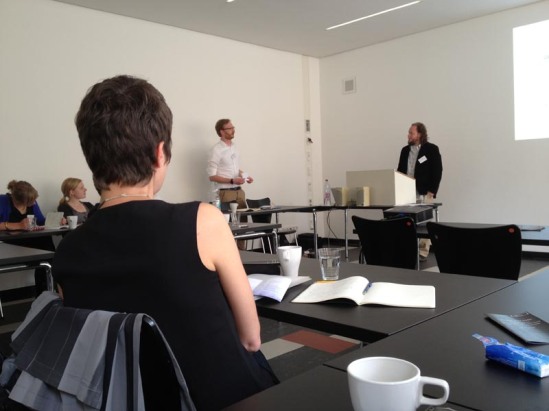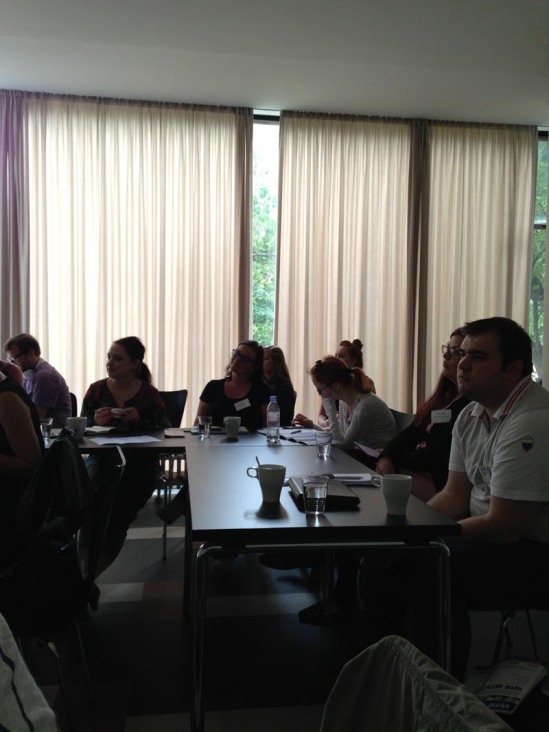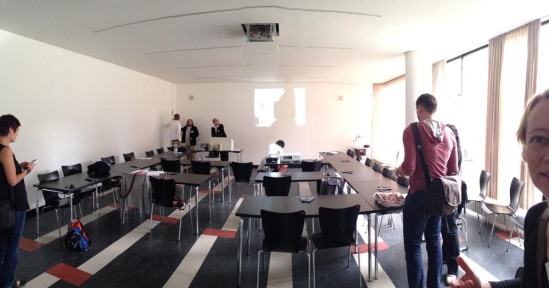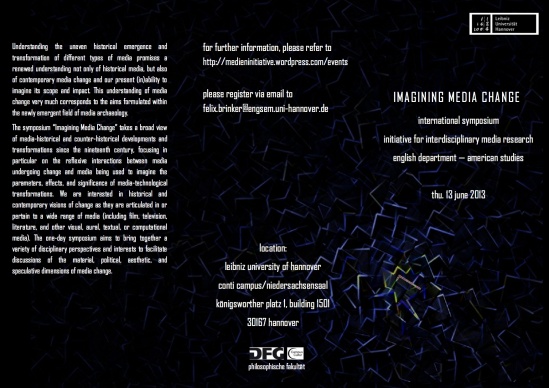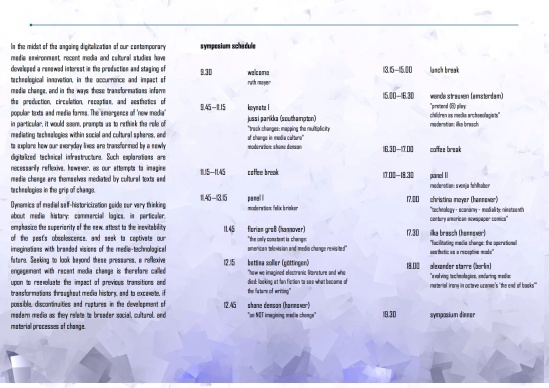
We’re pleased to announce our first event of 2025! Please join us in welcoming Jussi Parikka, who will present on “The Environmental Data Stack” on Tuesday, Jan 7, 5-7pm PT. The event will take place in the Stanford Humanities Center Board Room, where refreshments will be served. We look forward to seeing you there after the holiday break!
Zoom link for those unable to join in-person: tinyurl.com/ykhvtu63
Abstract:
This talk tests the notion of “environmental data stack” as a particular kind of a methodological problem space (Lury 2021). The term defines the multiple levels of “problematics” of grounding environmental data in alternating scales of reference, in different technological forms of capture of data, and in various interacting registers of sensing. The environmental data stack builds on existing work in critical data studies where the situated, even spatialized notions of data are developed – and it also lends itself to a sense of the politics and aesthetics of data, where aesthetics is not necessarily about art (it can be though) but about the wider context of materials, sensing, and modeling. This work relates to my interest in cultural techniques of data and software studies, including the intersection of ecomedia and computational practices. The talk will thus feature some examples from recent and on-going work in different projects such as the Design and Aesthetics for Enviornmental Data (https://cc.au.dk/en/dafed/).
Bio:
Jussi Parikka is professor of Digital Aesthetics and Culture at Aarhus University where he leads the Digital Aesthetics Research Centre (DARC) as well as is the founding co-director of the Environmental Media and Aesthetics -research program. He also holds a visiting professorship at Winchester School of Art (University of Southampton). His books have addressed media archaeology, the ecological underpinnings of discourses of digital culture from animals to geology, and most recently, transformations of visual culture. The more recent books include Operational Images (2023) as well as the co-authored Living Surfaces: Images, Plants, and Environments of Media (2024, with Abelardo Gil-Fournier). Both are available as open access. His books have been translated into 12 languages. Currently he is developing a new project on datafication of agriculture.
This event is generously co-sponsored by The Europe Center.
